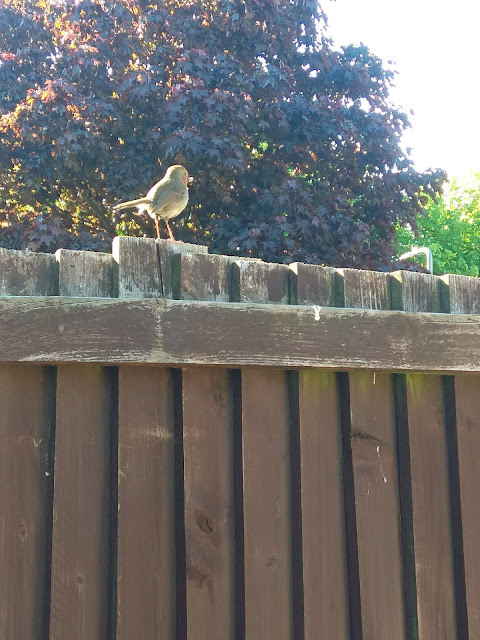Puzzle Project VIII: The Peaceful Mullah
January 19
Haji Sahab appeared to be in his early 40s. He had
the perfect Muslim man beard, trim and neat, long with grayish streaks, no
moustache. His shalwar was an inch or so above his ankles. He was sitting at
the Islamabad airport with a fairly young wife, I think she must have been in
her late 20s. There were two young boys running around them, barely a year
apart I would say. A third child was no more than 4 and he did not want to wear
his shoes.
“We’ve been here for
four hours,” the pretty young mother told me in a Punjabi accent. “We came from
outside of Islamabad for our flight to Karachi. And the flight keeps getting
delayed!” I nodded sympathetically – kind eyes, slight pout, slow shaking of
the head that is common to most South Asians and confusing for Americans
because it is an in-between nod and shake of the head so the latter population
has trouble understanding what it indicates. She pointed at her youngest and
explained he was tired of wearing his sneakers. By now the toddler was running
around the seats, his tiny feet bare.
“Do you want to look at
the planes?” Haji Sahab asked the other two boys who had just come back from
their exploration of the waiting area and thrown themselves in the plastic
chairs. They had only started complaining when their father convinced them to
go stand by the large windows that looked out at the runway.
“Shukar Allah!” the
mother beamed, knowing that if the distraction hadn’t occurred she would be
surrounded by persistent whining.
The couple was from
Attock. Haji Sahab worked in a telecommunications office in the city and had
long hours. He had married his young wife around 10 years ago (their oldest son
was nine), when he was 33 and she had just turned 18. “He married late because
his father died at an early age and he was the oldest male in the house,” Haji
Sahab’s wife told me in the candid way that Pakistani women in waiting areas
talk to other Pakistani women, no reservations, a high level of comfort and
trust in the listener who they met 15 minutes ago. “He has 7 sisters and he made
sure that all of them were married off before he thought about himself!”
Haji Sahab came back
with his boys and settled down. He was so calm looking, a soft smile on his
face even as his children galloped around him, the youngest falling over his feet
and then getting up and continuing on his shaky run, unfazed.
I was struck by the
chemistry between the couple. When our conversation was cut short because of
the youngest son’s tears, the wife went up to Haji Sahab, standing very close
to him and poking his jacketed shoulder for money. He smiled and gave her some
notes, but she poked him again, pointing at the other two sons and he laughed.
He gave her more money and as she walked to the little tuck shop in the room,
she gave him a smile that melted my heart. They looked like they were in love.
And
it was cool, because when I first looked at the couple, it was a pile of
stereotypes that rose up from my lap and created a scenario in front of me –
arranged marriage, young female coerced to marry older male and a series of
children who she had to look after on her own while her husband remained aloof
and authoritative. I left the waiting room with a much better, probably more
accurate story: arranged marriage, young female married to a caring,
well-established older man, three lovely boys who exhaust their parents with
their abundant energy, a sweet marital relationship that exudes affection and
compatibility. Well done Haji Sahab.


Comments
Post a Comment